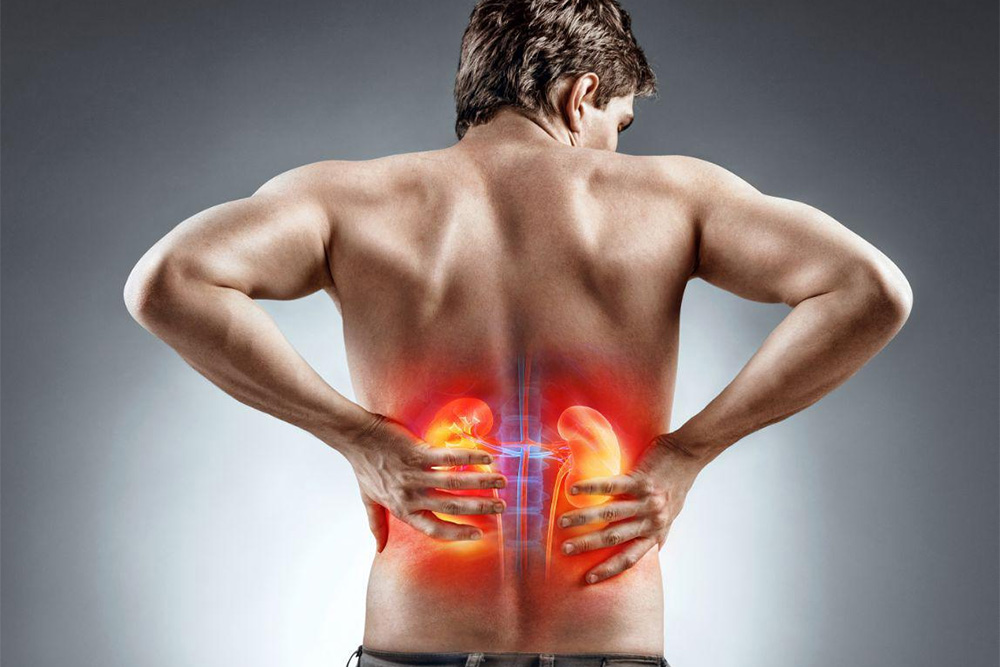Kidney Cancer
Most kidney cancers are now detected as small growth in the kidney as a result of ultrasound done for health screening or for investigations of unrelated symptoms. Approximately 80% of these growths are cancers. There are now several options available for the diagnosis and treatment of such growth in the kidney. These options include:
- Active monitoring only with ultrasound/CT scan.
- Thermal therapy – for example cryoablation– this is a minimally invasive therapy involving inserting a needle into the growth to obtain a biopsy and at the same time killing it by applying extremes of heat.
- Keyhole partial surgical removal of the growth using the Da Vinci Robotic System (robotic partial nephrectomy).
- Keyhole complete removal of the affected kidney (laparoscopic radical nephrectomy).
The decision-making process becomes complicated due to the multiple options available with their attending advantages and disadvantages. One of the key considerations is preserving kidney function while effectively eradicating the tumour. The anatomy of the growth and the patient’s age and health status are important factors in determining result of any treatment options as well. It is further complicated by the option to do a biopsy or not prior to instituting treatment. Here in SurgiTen, based on our training and experience, we will be able to help you negotiate the decision-making process and arrive at a treatment plan that is tailored to the patient’s needs.
We also have extensive experience in the treatment of large kidney cancers that may or may not have spread to other parts of the body.
Prostate Cancer
More than 80% of prostate cancer cases are still confined to the prostate gland and it surrounding structures at the time of diagnosis. Prostate cancers are not all uniformly aggressive. There are prostate cancers that grow slowly and do not spread. Patients with such cancers usually die of another disease condition in old age. Then there are those prostate cancers that spread rapidly and kill the patient in a matter of few years if not treated. The prostate gland is responsible for the production of semen. A man’s urinary continence mechanism and the nerves that are responsible for erection are very closely related to the prostate gland. These factors need to be taken into consideration when considering which treatment modality best suit a particular patient.
We in Surgi-TEN specialise in the treatment of localised prostate cancer. We can help patients negotiate the pros and cons of the various treatment modalities available for localised prostate cancer based on the potential aggressiveness of the cancer. These options include:
- Active surveillance – no treatment except for regular PSA monitoring.
- Robotic surgery for the complete removal of the prostate gland (Robotic radical prostatectomy).
- Various options of radiotherapy including external beam radiotherapy, brachytherapy and proton beam therapy.
- Focal therapy
Surgi-TEN is the only centre in Asia outside of South Korea that offers focal therapy for the treatment of localized prostate cancer using the High Intensity Focal Ultrasound (HIFU system). The advantages of focal therapy for treatment of localized prostate cancer are:
- Precise treatment of the cancer, sparing the rest of the prostate.
- Single treatment day procedure with no surgery.
- Preservation of prostate function including semen production and ejaculation.
- Preservation of erection.
We will be able to advice the patient if they are suitable for HIFU treatment. We are a one stop centre for the diagnosis and treatment of prostate cancer.
Stone disease in the kidney, ureter and bladder
Kidney stones and its complications are one of the most common problems in Urology. Though not dangerous if detected early, stones that causes obstruction to the flow of urine from the kidney down through the ureter to the bladder can cause infection and damage to the kidney if left untreated. In the acute phase it can also cause severe pain.
We have the full armamentarium of expertise for the treatment of urinary stones of all sizes and anatomical locations. These include percutaneous nephrolithotomy (PCNL), retrograde intrarenal surgery (RIRS), ureteroscopy, shockwave therapy (ESWL) and endoscopic removal of bladder stone.
Our management of urinary stone do not stop at the removal of the stone. Patients will be counselled with regard to their diet and fluid intake to reduce the chance of future stone formation. Those with multiple stones or recurrent stones will have a metabolic workup which includes blood tests and 24-hour urine collection to determine if they have an underlying disease predisposing them to stone formation.

